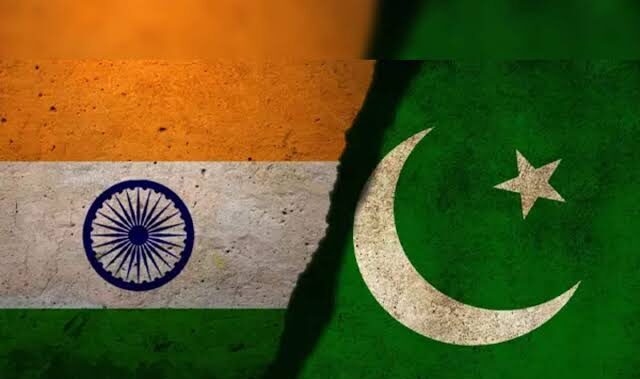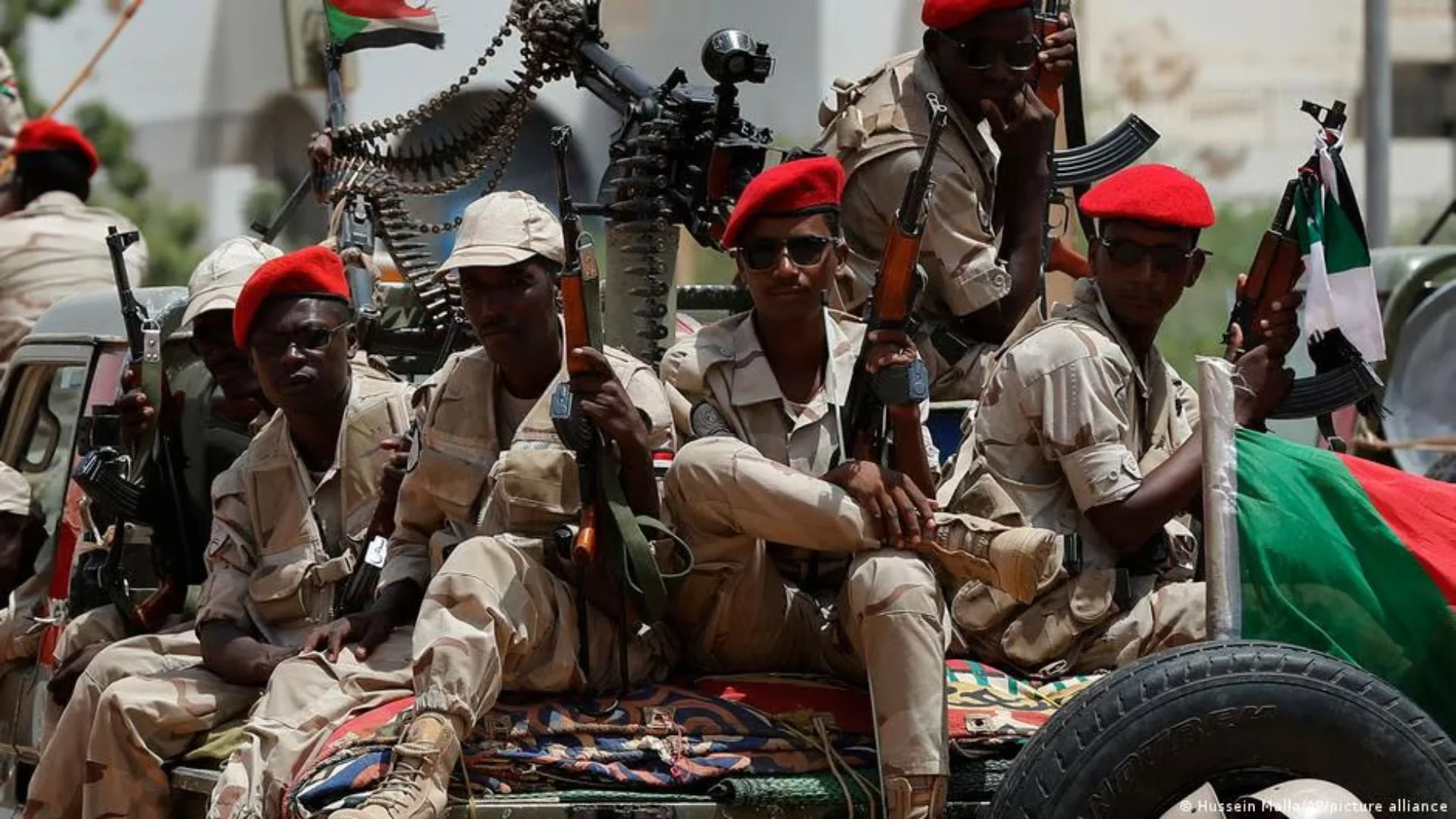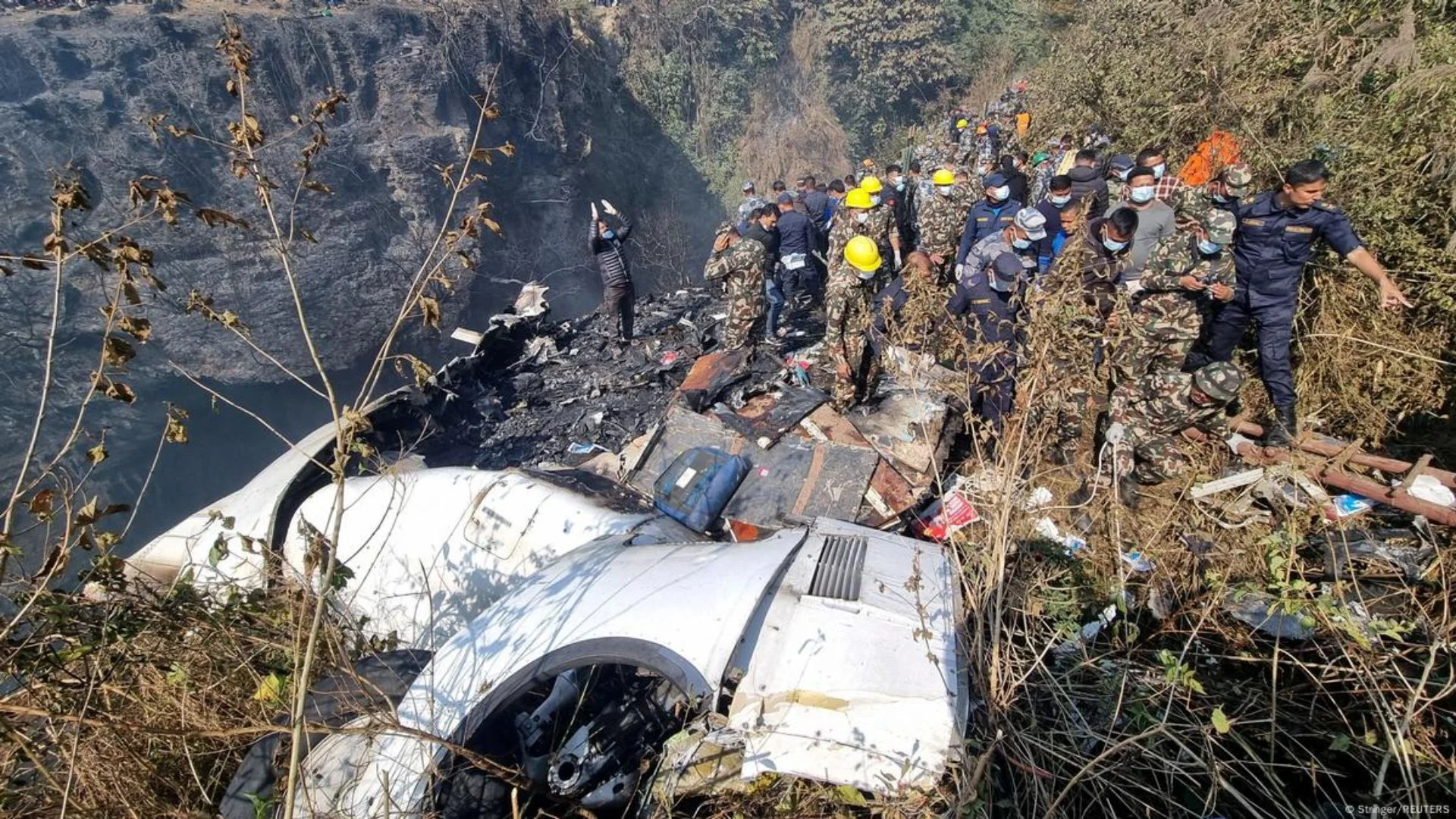Despite their bilateral relations being at an all-time low, India and Pakistan exchanged lists of nuclear installations that cannot be struck in the case of hostilities on Sunday, continuing a tradition that dates back to 1992.
The two sides also exchanged lists of the inmates imprisoned in each other’s jails, and the Indian side requested the early release and return of Pakistani detainees who were civilians, missing military members, and fishermen with their boats.
In accordance with the terms of the Agreement on the Prohibition of Attack against Nuclear Installations and Facilities, the lists of nuclear installations and facilities were exchanged concurrently through diplomatic channels in New Delhi and Islamabad. Details about these facilities are kept secret by both parties.
The agreement, which was signed on December 31, 1988 and entered into force on January 27, 1991, provides that “India and Pakistan inform each other of the nuclear installations and facilities to be covered under the Agreement on the first of January of every calendar year”, the external affairs ministry said.
The first exchange of these lists took place on January 1, 1992, and this one was the 32nd in a row between the two nations.
The two sides also exchange lists of inmates in each other’s custody twice a year, on January 1 and July 1, through diplomatic channels in New Delhi and Islamabad, as per the terms of the 2008 Agreement on Consular Access.
The external affairs ministry said India currently has 339 Pakistani civilian prisoners and 95 fishermen in its custody. Pakistan shared a list of 51 civilian prisoners and 654 fishermen in its custody “who are Indians or are believed to be Indians”.
“The government has called for early release and repatriation of civilian prisoners, missing Indian defence personnel, and fishermen along with their boats, from Pakistan’s custody,” the ministry said in a statement.
“In this context, Pakistan was asked to expedite the release and repatriation of 631 Indian fishermen and 02 Indian civilian prisoners, who have completed their sentence and whose nationality has been confirmed and conveyed to Pakistan.”
In addition, Pakistan was urged to grant prompt consular access to 22 suspected Indian civilian prisoners and 30 fishermen who are currently being held in its custody.
“India remains committed to addressing, on priority, all humanitarian matters, including those pertaining to prisoners and fishermen in each other’s country. In this context, India has also urged Pakistan to expedite necessary action at its end to confirm the nationality status of 71 Pakistani prisoners, including fishermen, whose repatriation is pending for want of nationality confirmation from Pakistan,” the statement said.
“Pakistan has been requested to ensure the safety, security and welfare of all Indian and believed-to-be Indian civilian prisoners and fishermen, pending their release and repatriation to India,” it added.
The identification and release of hundreds of prisoners—the majority of whom were fishermen—had been accelerated by the signing of the 2008 accord. However, recent bilateral tensions have hampered the process.
Pakistan’s Foreign Office said in a statement that Islamabad has requested the early release and repatriation of 51 Pakistani civilian prisoners and 94 fishermen who had completed their sentence and whose nationality had been confirmed. “Furthermore, a request for grant of consular access to missing defence personnel of 1965 and 1971 wars, and special consular access to 56 civil prisoners has also been made,” it further added.







